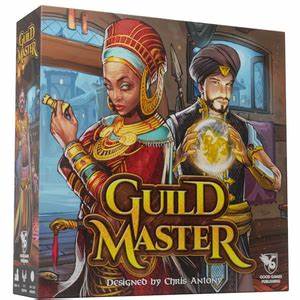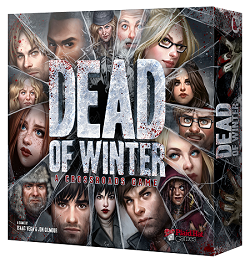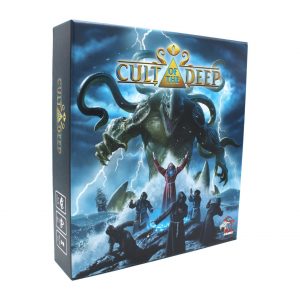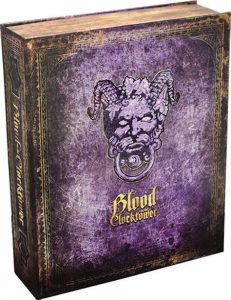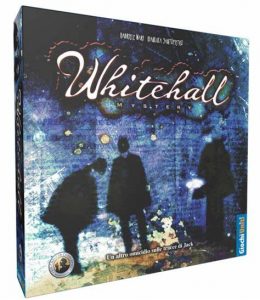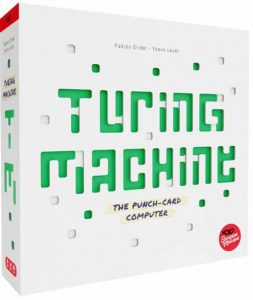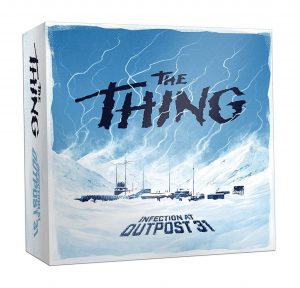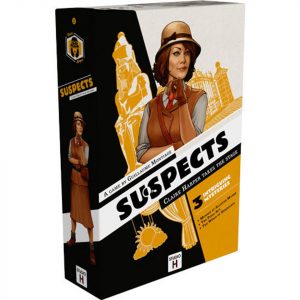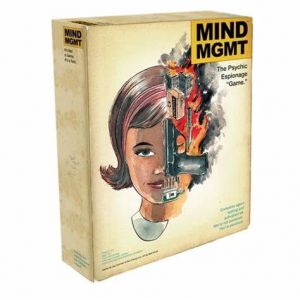
Mind MGMT
Working from the shadows, Mind MGMT once used its psychically-powered agents to put a stop to global crises. However, absolute power corrupts absolutely, and Mind MGMT is now rotting from the inside. To tighten its iron grip on the world stage, Mind MGMT deploys covert operatives around the world to recruit other psychically-attuned individuals to their side. How can this enigmatic organization, hell bent on global domination, be defeated?
Thankfully, a few renegade agents have figured out that Mind MGMT has been compromised and have defected, turning their backs on the syndicate. They now use their own psychic abilities to prevent Mind MGMT from achieving its nefarious goals.
In Mind MGMT: The Psychic Espionage “Game.”, one player controls Mind MGMT and must scour the city for new recruits. They move around on a secret map, trying to visit locations that match one of their three randomly drawn feature cards. They can also use their four Immortals to protect locations from being exposed.
All other players control the rogue agents who must try to stop Mind MGMT before it’s too late! They ask questions to the Recruiter and deduce their whereabouts from the answers they receive. Rogue agents can use dry-erase “mental notes” to track all the information they’re given.
Mind MGMT wins by either collecting twelve recruits or surviving sixteen turns. The rogue agents can win only by capturing Mind MGMT, which they do when they believe they’re on the same block as Mind MGMT.
Game Mechanics:
- Deduction
- Grid Movement
- Hidden Movement
- Paper and Pencil
- Team Based
Game Specifications:
- 1 – 5 Players
- 45 – 75 Minutes
- Difficulty Weight 2.84
